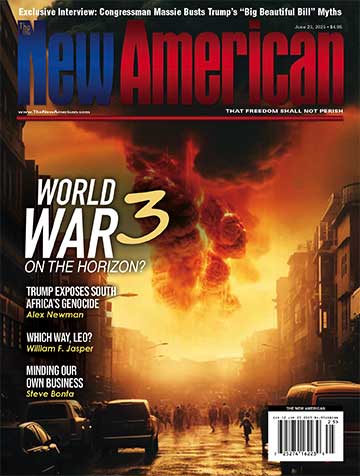
Nicholas Sparks’ 2006 novel Dear John came to life on the big screen February 5, drawing throngs of females to the theaters. Despite the film’s overwhelming appeal to the young female audience, Dear John embodies the elements necessary to potentially capture the attention of all moviegoers: war, loyalty, passion, and of course, love. Unfortunately, screenplay writer Jamie Linden and director Lasse Hallström are inept at adapting Sparks’ wonderful novel to the movie screen.
John Tyree (Channing Tatum) is a young soldier on leave who visits his father in North Carolina. With only two weeks remaining until he must return to Germany, he encounters and quickly becomes enamored with college student Savannah Curtis (Amanda Seyfried), an innocent and generous protagonist who uses her spring break to volunteer for Habitat for Humanity. Savannah, who does not drink, smoke, curse, or engage in promiscuous behavior, is a refreshing change from the typical Hollywood female heroine.
What follows is a very sweet love story, though some may find it quite clichéd. Today’s more jaded moviegoers are unconvinced by spontaneous love that erupts in a short period of time. On the other hand, if Romeo and Juliet can do it, why not John and Savannah? When John’s leave comes to an end, and Savannah must return to school, they continue their relationship through a stream of love letters.
John’s remaining military obligation was only supposed to last 12 months until the unthinkable happened: September 11. Inspired by a surge of patriotism, loyalty, and military duty, John re-enlists for an additional two years, understandably straining his relationship with Savannah.
Unfortunately, as is the case with most movies adapted from books, Dear John undergoes “Hollywoodification.” In the novel, Sparks simultaneously tells two stories, that of John and Savannah, and another of John’s relationship with his autistic father, which is beautifully explored. The movie glosses over the latter aspect of the novel to the disappointment of many Nicholas Sparks fans.
Additionally, the ending that Sparks wrote for Dear John is more heartbreakingly realistic, far less predictable — and consequently more effective at making an impression on its readership than the movie adaptation. With Hollywood’s touch, moviegoers get a fairytale ending that involves killing off a vital character in order to accomplish this task. How fragile do directors and screenplay writers think we are that they assume we can’t handle a bit of unrequited love and heartbreak?
On the whole, the chemistry between Tatum and Seyfried is unconvincing, and Hollywood’s attempt to squeeze the 300-page novel into one hour and forty-five minutes creates what appears to be forced passion and a story that at times seems hard to swallow.
Nicholas Sparks’ fans may still find the movie Dear John to be a very enjoyable theatrical experience, owing to their overall loyalty to the author and to the novel. At least, that was the case with this reviewer, who is a Sparks fan. However, if I were to grade this movie, it would not come close to making the Honor Roll.
A word of caution to parents: John and Savannah do consummate their relationship after being apart for a year, albeit in a brief and relatively censored scene. In the novel, this moment arrives far more fluently than it does in the movie, where it seems almost out of place. There are very few instances of cursing in the film, and very limited violence, even when John is stationed in Afghanistan.





